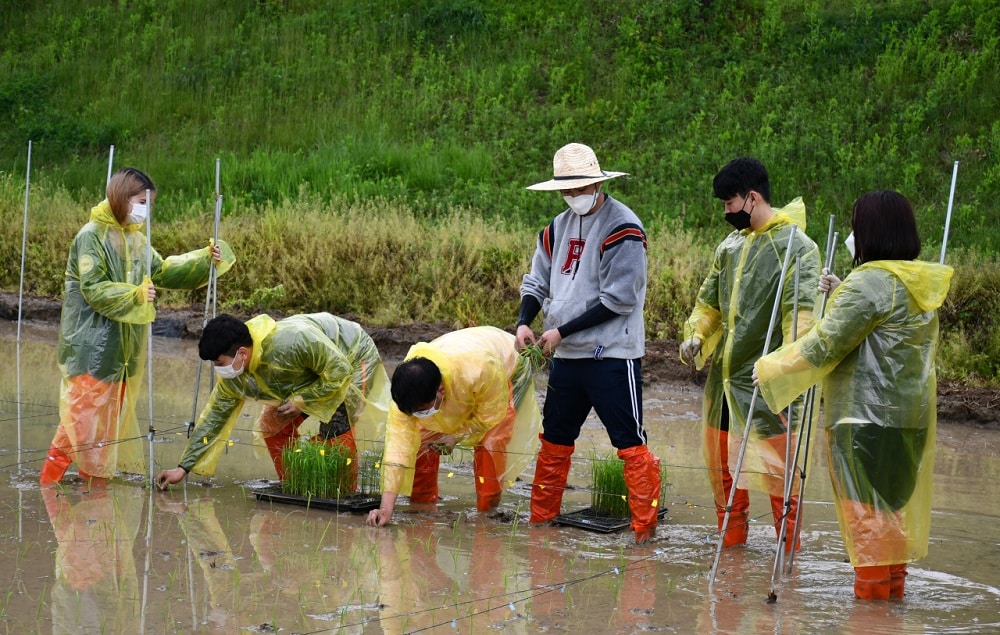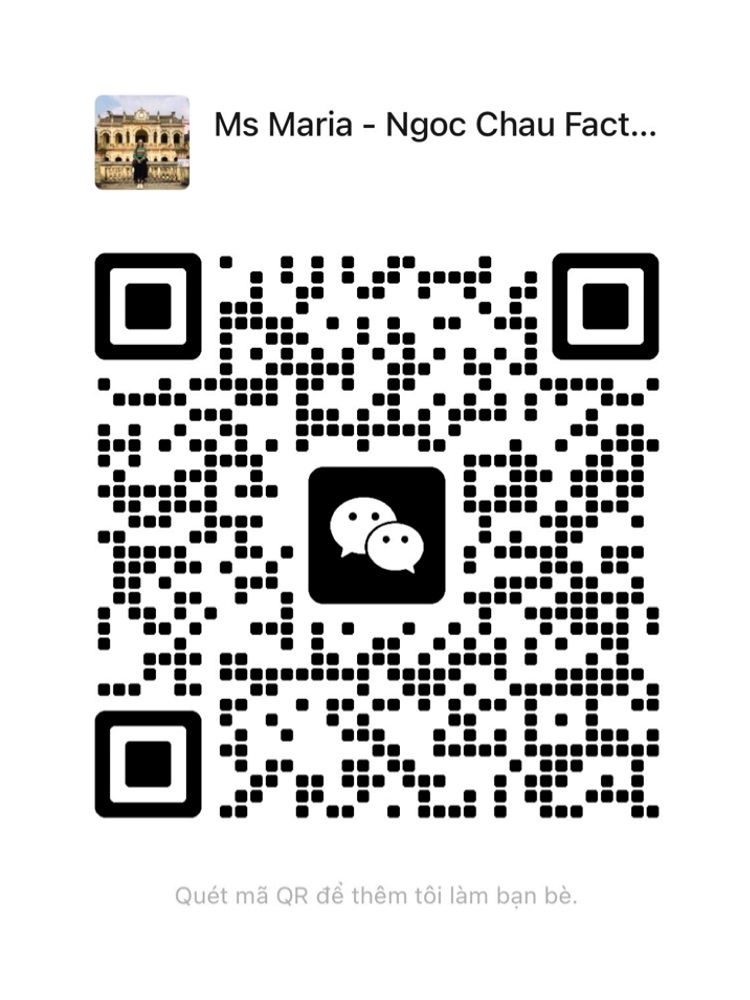Farmers in South Korea are facing a critical situation as rice prices continue to decline, raising concerns about the future of rice cultivation in the country. In Yesan, South Chungcheong Province, farmers have recently plowed their fields, but the outlook is grim as the price of rice has dropped by 18% compared to last year. Currently, the price for an 80 kg bag of rice stands at 176,600 won (approximately $132), prompting the provincial farmers’ association to urge the government to withhold 200,000 tons of rice from the market to stabilize prices.
The South Korean government had previously announced plans to purchase 450,000 tons of rice to address the oversupply issue and stabilize prices. This move comes in response to a significant decrease in rice consumption, which has been attributed to changing dietary habits among the population. As consumption has fallen, the surplus of rice has led to a situation where farmers are increasingly discouraged from growing rice, fearing that they will not be able to sell their harvest at a profitable price.

The decline in rice production has been ongoing since the late 1990s, with an average surplus of 139,000 tons annually over the past decade. This trend is largely due to a decrease in both the area cultivated for rice and per capita consumption, which has dropped by 1.9% per year from 2012 to 2021. The government has attempted to mitigate these issues by promoting rice varieties for processing rather than direct consumption, but the effectiveness of these measures remains uncertain.
Experts warn that if this trend continues, South Korea could face a future where rice is no longer cultivated domestically, leading to increased reliance on imports. The current situation highlights the need for effective policy responses to ensure the sustainability of rice farming in the country, as rice remains a staple food and a significant part of Korean agricultural production.



